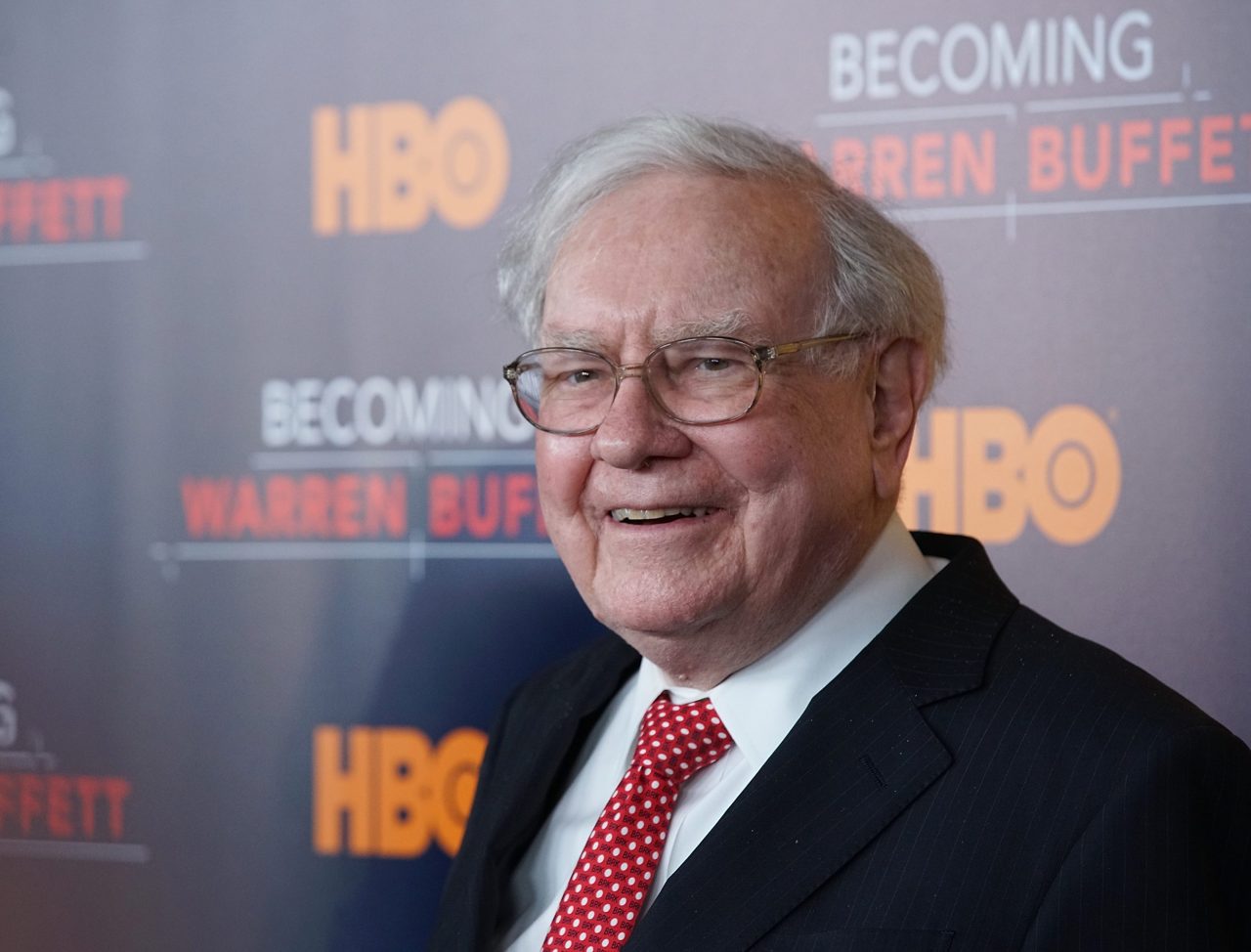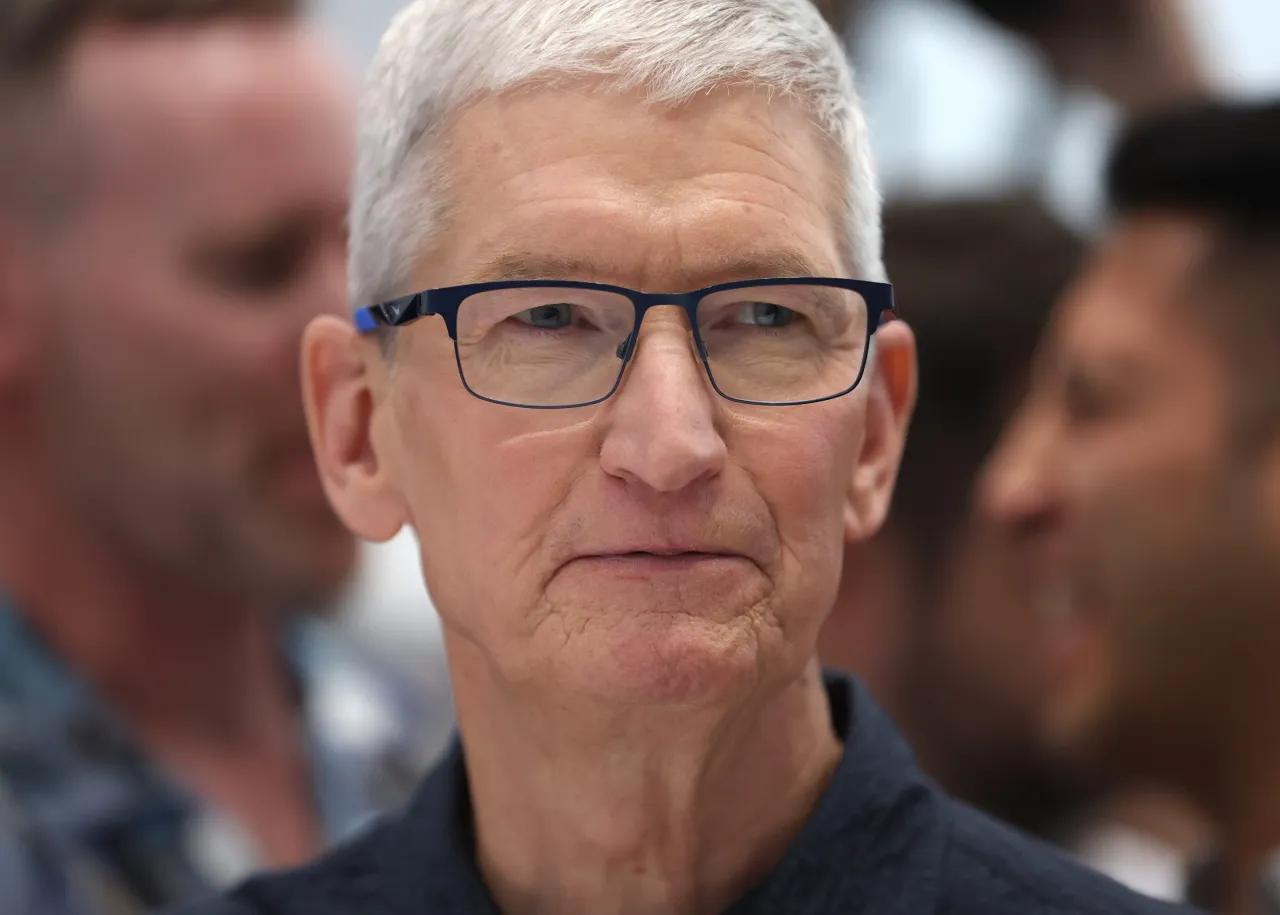Discover how Warren Buffett’s willingness to change his mind helped him become the world’s most successful investor. Learn key lessons from his adaptable investment strategy.
Introduction:
Warren Buffett is often hailed as the greatest investor of all time. His long-term success in the stock market is legendary, with decades of consistent returns that have made Berkshire Hathaway a household name. But what truly sets Buffett apart isn’t just his deep understanding of value investing—it’s his rare ability to change his mind when the facts change. This psychological flexibility is the real secret behind his stock-picking brilliance.
Adapting in the Face of Change: Buffett’s Mindset Shift
Contrary to the belief that Buffett never wavers from his principles, history shows that he has often adjusted his views when new evidence emerged. While he has always emphasized buying quality businesses at fair prices, he’s never been rigid in how he applies this principle.
From embracing technology stocks like Apple, despite once criticizing the tech sector, to selling airline stocks after the COVID-19 pandemic disrupted travel permanently, Buffett has shown that adaptability is key to long-term success.
Examples of Buffett Changing His Mind—and Winning
- Investing in Apple:
Buffett famously avoided technology stocks for decades, claiming he didn’t understand them well. But in 2016, he changed course and bought a massive stake in Apple. Today, Apple is one of Berkshire Hathaway’s most valuable holdings, proving that re-evaluating a position can lead to massive rewards. - Exiting Airlines Post-COVID:
Before 2020, Buffett held major positions in American, Delta, United, and Southwest Airlines. But when the pandemic hit, he sold them all, admitting that the industry’s future had fundamentally changed. This move saved Berkshire from further losses, again showing his discipline in admitting when the thesis has changed. - Banking on BYD and Renewable Energy:
Once skeptical of international and green investments, Buffett embraced both by backing the Chinese electric carmaker BYD and investing billions in renewable energy projects through Berkshire Hathaway Energy.
Why Flexibility Is a Competitive Advantage in Investing
In a world where markets are constantly evolving, sticking blindly to outdated ideas can be costly. Buffett’s ability to revise his opinions based on data, trends, and economic shifts is what makes him exceptional.
This growth mindset, a concept popularized in psychology, allows investors to remain open, reflective, and more aligned with reality—especially during times of market uncertainty.
What Investors Can Learn from Buffett’s Approach
- Don’t Marry Your Stocks:
Just because a stock looked promising once doesn’t mean it still fits your portfolio today. - Always Keep Learning:
Buffett spends about 80% of his day reading. Being informed is the first step to making better decisions—or changing your mind about a poor one. - Be Emotionally Detached:
The market doesn’t reward ego; it rewards adaptability. Let go of pride and reassess with logic. - Update Your Thesis:
Buffett doesn’t change his mind on a whim—he updates his investment thesis when the underlying facts change.
Final Thoughts: The Buffett Way Isn’t About Perfection—It’s About Progress
Warren Buffett’s stock-picking success isn’t rooted in unshakable certainty—it’s rooted in humility and adaptability. His greatest investment trait may not be his intellect but his willingness to admit when he’s wrong and adjust accordingly.
In a market that rewards those who learn fast and move smart, perhaps the best lesson we can learn from Buffett is simple:
“It’s fine to have a strong opinion. It’s even better to change it when you’re wrong.”




